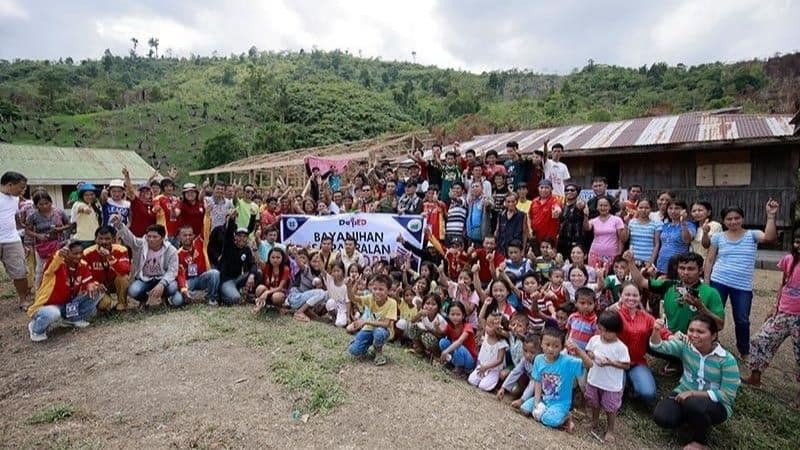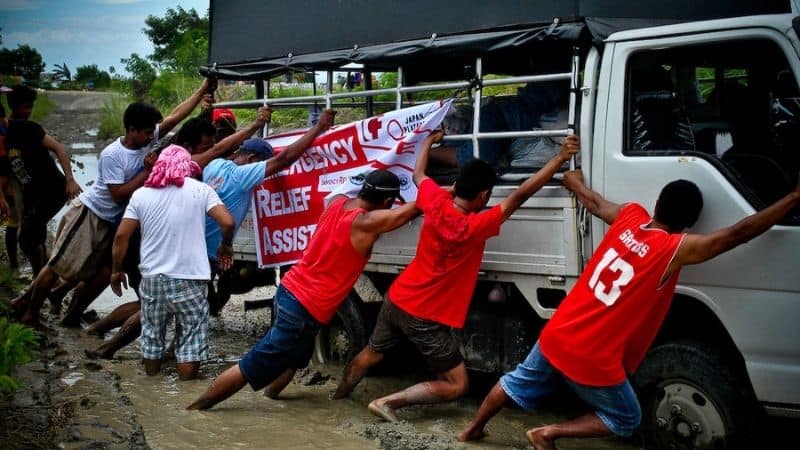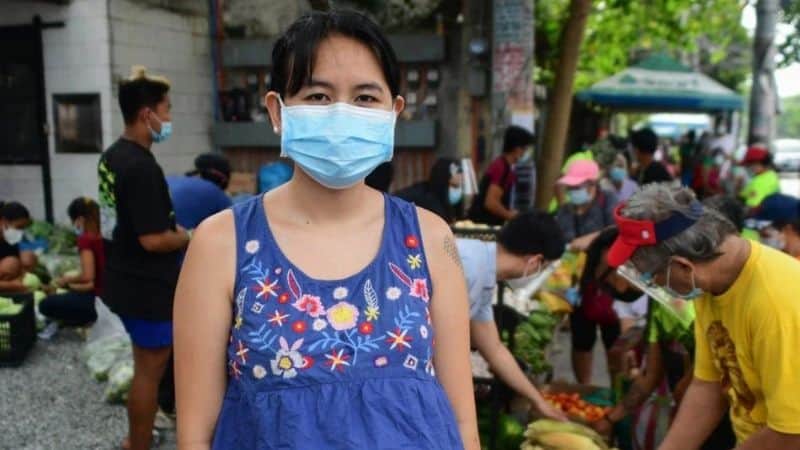We cultivate what we practice. To develop a strong bayanihan culture, we must embed the practice of thinking as a nation and make helping each other a daily practice.
We do not need tragedy to happen.
We do bayanihan.
Bayanihan showcase what Filipinos can do together. Each of us is capable of becoming heroes. There is no reason for tayo-tayo and kanya-kanya attitude to continue. No matter how big or gargantuan the challenge is, we can do great things when together.
I have mentioned some examples of bayanihan here.
But it will be of disservice to you if I won’t mention People Power. In February 1986, Filipinos exercised the highest form of bayanihan. Ordinary people came out, faced military tanks, and risked their lives to end dictatorship.
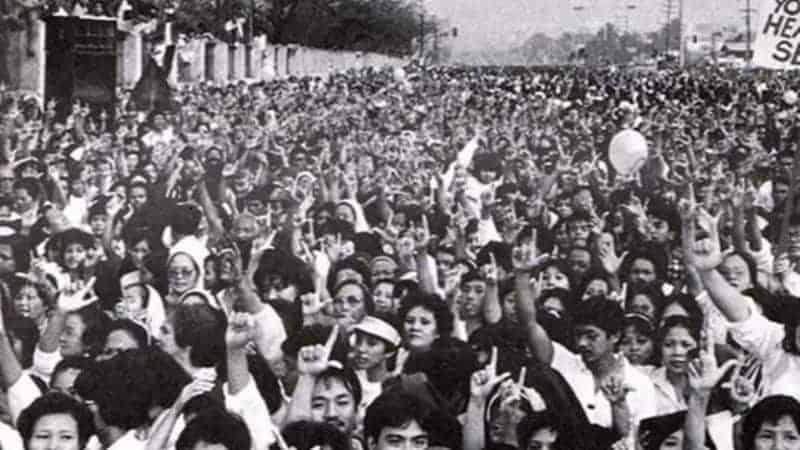
People Power is the highest form of bayanihan.
The new generation of Filipinos won’t be able to appreciate the great cultural significance of People Power. They are not aware of the Desaparecidos.
They don’t know that during that time, anyone who spoke against graft and corruption of the tyrant Marcos was either imprisoned or killed. Well, politicians were imprisoned. But ordinary Filipinos were killed.
Filipinos know that alone no one can fight the tyrant. But together they can be an unstoppable force for good. They did not aspire to become mga bayani (heroes) but what they did was pure bayanihan.
In short, those who participate in bayanihan do not aspire to become heroes. They became heroes because they decided to do what’s in their cultural DNA.
We must put a stop to the lipat-bahay example of bayanihan. It trivializes the best of our culture. Bayanihan happens when Filipinos come together for the benefit of the community.
Let us encourage our government to promote bayanihan. I daresay that there should be bayanihan month. We need this to strengthen the culture of people empowerment in the Philippines. We need to do this so that every young Filipino will realize that each has the power to make change happen.
Resiliency, Malasakit, and Bayanihan
Three of the common Filipino values are resiliency, malasakit, and bayanihan. And these values are often expected in times of crisis. I am writing this piece during a global pandemic.
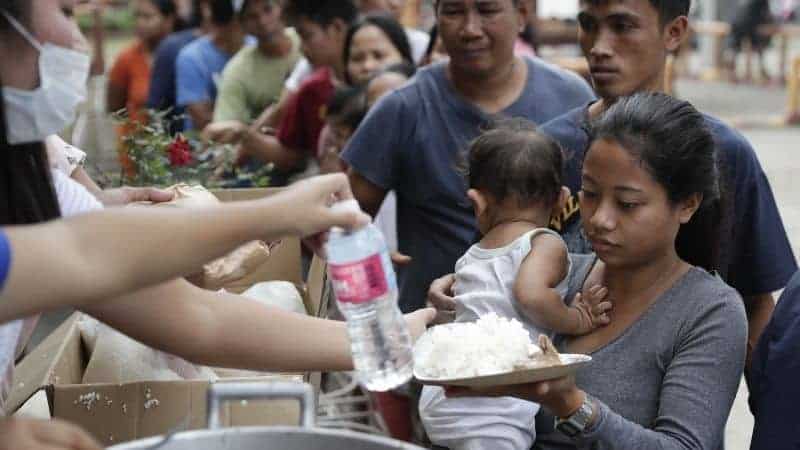
A year after the first declaration of community quarantine, the Department of Health continues to report more than 20,000 infections every day. On the other hand, we are also starting to learn how those who surround the president made enormous profits because of the pandemic.
But Filipinos are resilient people. They have seen many corrupt leaders. They will endure the one they have today. Probably, most of us are just waiting for the next election. We believe these leaders lack malasakit. And it is the ordinary Filipinos who come together in bayanihan.
The community pantries were borne out of people’s frustration. They believed that the government officials, who do not experience hunger for a day, do not care. This is why they come together to help each other.
Great leadership isn’t an event—it’s a habit. Get actionable leadership habits every Monday and Thursday.
Core Values
The Department of Education is promoting the spirit of bayanihan through Brigada Eskwela. They encourage the community to come together so that schools are prepared for children. The intention is admirable.
We can do better.
The Department of Education must hold bayanihan as a core value. Embed this in every subject. Educators can find plenty of examples they can use in their lessons. Bayanihan is people empowerment. We must educate our children that they have powers and they can come together to make change happen.
If you are a teacher, I want you to know that I will help you.
